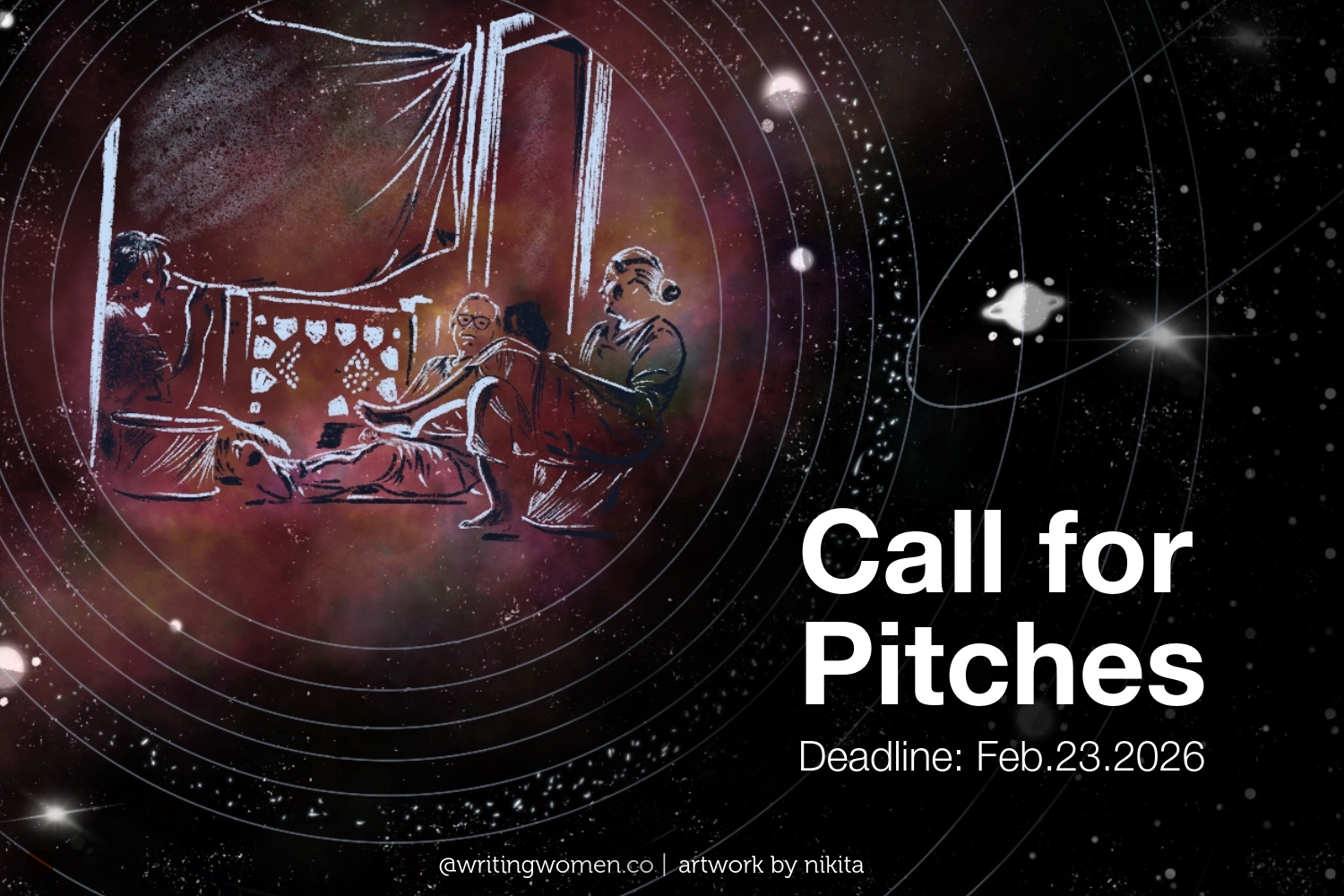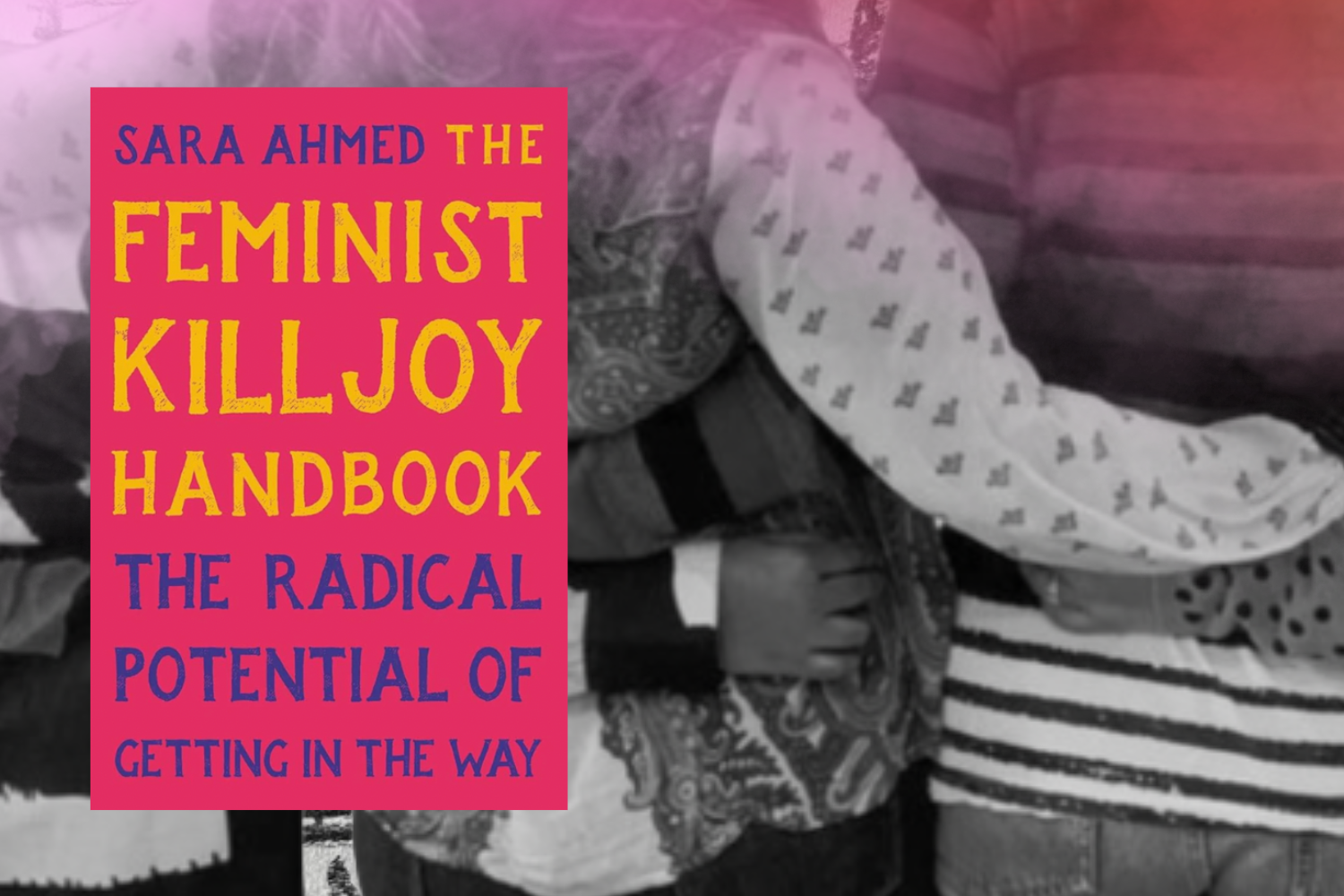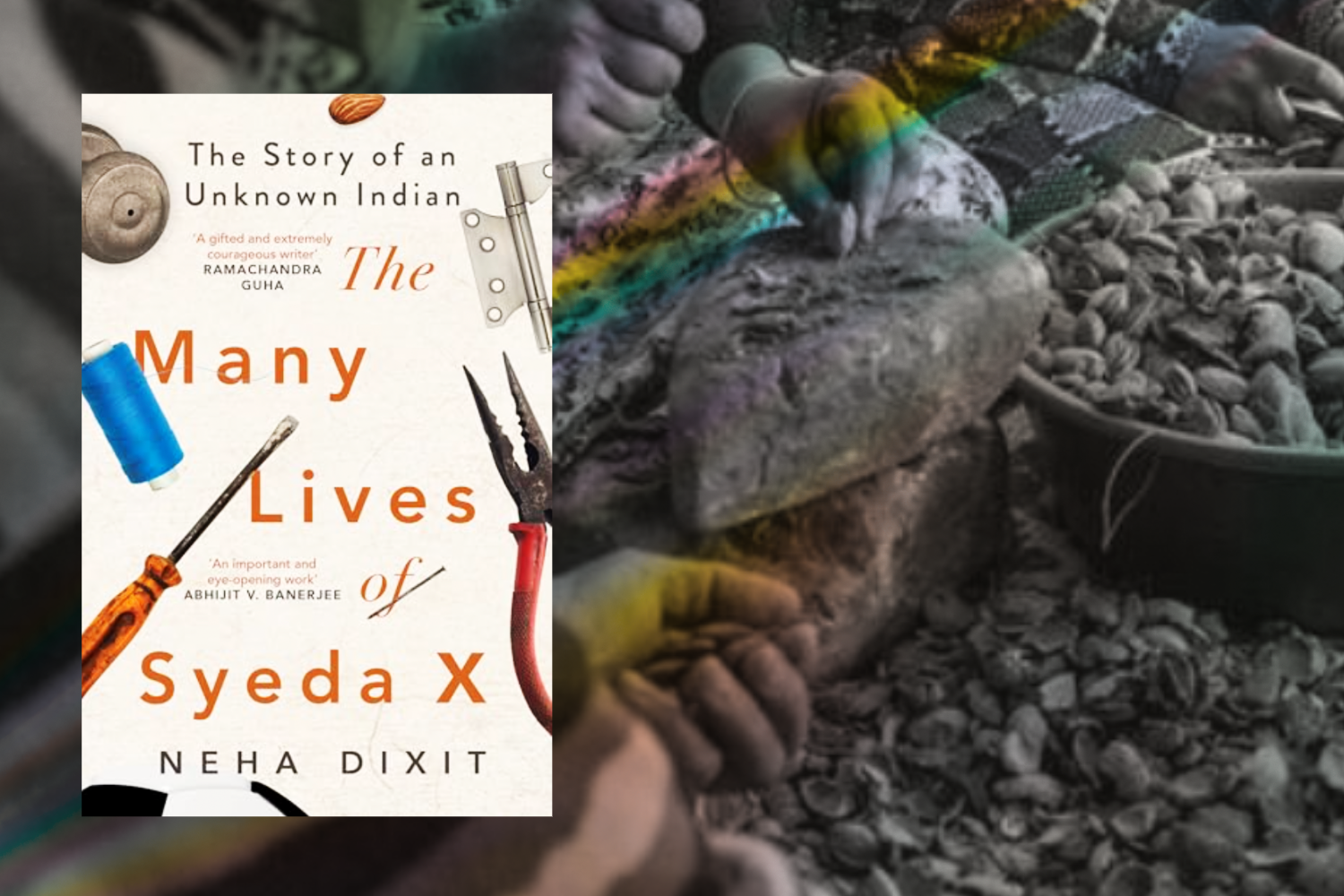stories of radical feminism
past, present, future

How Far Can a Constellation Stretch: Conversations/Dialogue/Mappings
In 2021 Kashmiri artist Mudasir Gul painted a large-scale graffiti work in Srinagar of a Palestinian woman beside the words ‘We are Palestine.’ He was

A Grammar of Knowing
quest (n): a jury of inquest; investigation; an act or instance of seeking; pursuit, search (obsolete): a person or group of persons who search or

Lost—In—Translation
“I love you…” No… not like that… Love should be confessed in the motherhood of languages—the mother tongue—the way your great granddad said it to

The Violence of Translation: Rewritings of Empire, Caste and Patriarchy
Who tells your story decides how your story is told. A tale mutates each time it changes custodians. In this process of shape-shifting, a story

What does movement say? Analysing Bharatanatyam as a Medium to Translate Justice
The lights in the auditorium go off. The stage is set. We enter, hands and feet synchronised, with each other, and with the music. When

Lessons in Wave-Making: A Post-Pandemic Reading
The gestural marks of abstraction helped me to articulate the waves of feeling that exceeded — or at the very least resisted — language. -Ara

What Does it Mean to Translate That Which is on the Margins?
While sitting amidst the Trans-Himalayas in Ladakh, I came across this call for writings about translation on my friend’s Instagram story. Incidentally, just before I

A Letter to my Daughter
Dear L, Well before you were born, a part of me feared for you even while you were in the womb. The minute I was

Mother Tongue, Mother Rage
My mother never yells. She doesn’t throw things, slam doors, or deliver speeches about hurt. Her rage, when it comes, arrives as something else: measured
about this space.
Writing Women is a seed bank. Every story of radical feminism from our past and present is a seed that powers our imagination for the future. We seek to fill these pages with seeds of writings, oral tales, songs, poems and art that reveal resistance, sisterhood and decolonizing solidarity across borders of landscape and language from Palestine to Turtle Island, the Congo to Kashmir.

“There She Goes,” Reviewing The Feminist Killjoy Handbook by Sara Ahmed
A handbook is an assortment of guidelines or instructions on a specific topic. But a handbook on killing joy? Who exactly is a killjoy, and why do we need a

The Many Lives of Syeda X: Whose Story Is It Anyway?
The aromas of different spices and herbs engulfed all my senses the moment we stepped foot in the area. We were at the Khari Baoli market as a part of

Transnational Truth-Telling as Sanity
Two books, this week, have kept me sane. One is Michelle Good’s collection of seven essays about Indigenous life in Canada aptly titled ‘Truth Telling,’ and the other is Isabella

